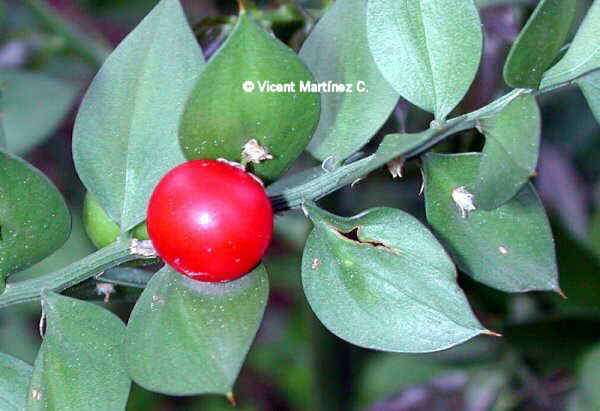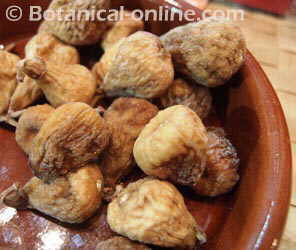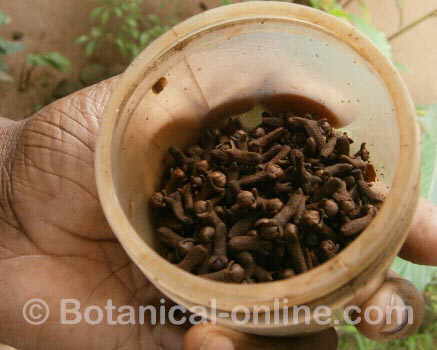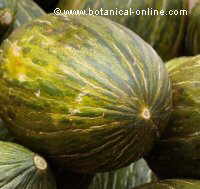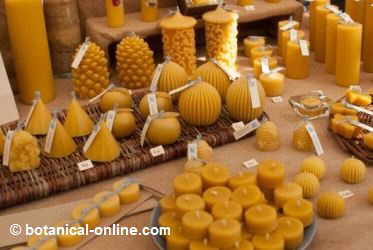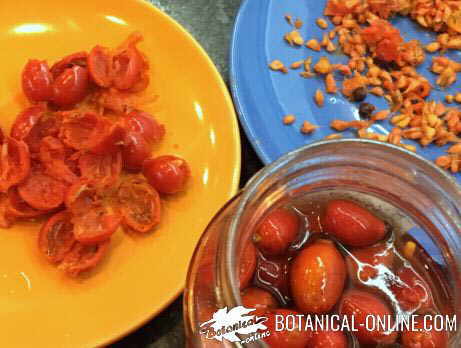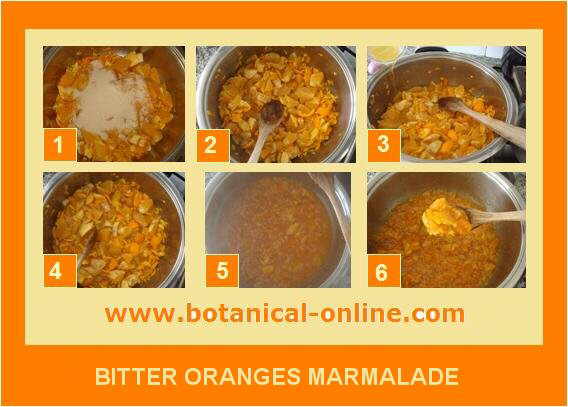Contents
WHEN YOU SHOULD NOT TAKE VIOLET HERBAL PREPARATIONS
What is violet used for?
Common violet (Viola odorata L.) is a plant of the same family as pansy (Violaceae), which presents in its composition a high content of mucilage, beta carotene, tocopherol, flavonoids, salicylic acid and salicylates.
It is used in traditional medicine for its expectorant, soothing properties for cough. It is also diuretic, depurative, emollient, laxative, anti-inflammatory and analgesic.
Used parts of common violet
- Leaves and flowers as a medicinal and edible part
- The use of the root is not recommended for its saponin content (bitter emetic principle)
What contraindications does violet present?

There are no known important contraindications described with this plant, since it only presents toxicity when the root is used. Its main contraindications would be:
- In general it is considered a safe plant for healthy adults
- Root of the plant: it is emetic and contains saponins (bitter principle), with emetic properties
- Allergy to aspirin or salicylates: Violet contains salicylates (although in low amounts). People who are allergic to aspirin or who have a history of allergic reactions to salicylates should not take plants that contain them, such as willow, meadowsweet, etc.
- Under 12 years: For its content in salicylates, there is a risk of causing Reye syndrome if administered to children under 12 years (= same contraindication as aspirin).
- People with sensitivity to saponins can have adverse effects when eating leaves or flowers, although their saponin content is much lower than the root and would not affect most people
- Anticoagulants: people who take anticoagulants should not consume plants with salicylates, such as violet. The combination of salicylates with anticoagulants increases the risk of bleeding.
- Taking medicines: the plant has a diuretic effect and could affect the metabolism of other drugs. The use of medicinal remedies along with medication is not recommended. People who are taking medication should consult with the doctor the use of this plant for its diuretic effects.
- Diseases: in case of kidney, liver or heart diseases, it is recommended to consult a doctor beforehand.
Violet in pregnancy and lactation
The safety of the plant during pregnancy and lactation is not known. Due to its content in saponins, especially the root, its ingestion is not recommended.
![]() More information on violet.
More information on violet.

